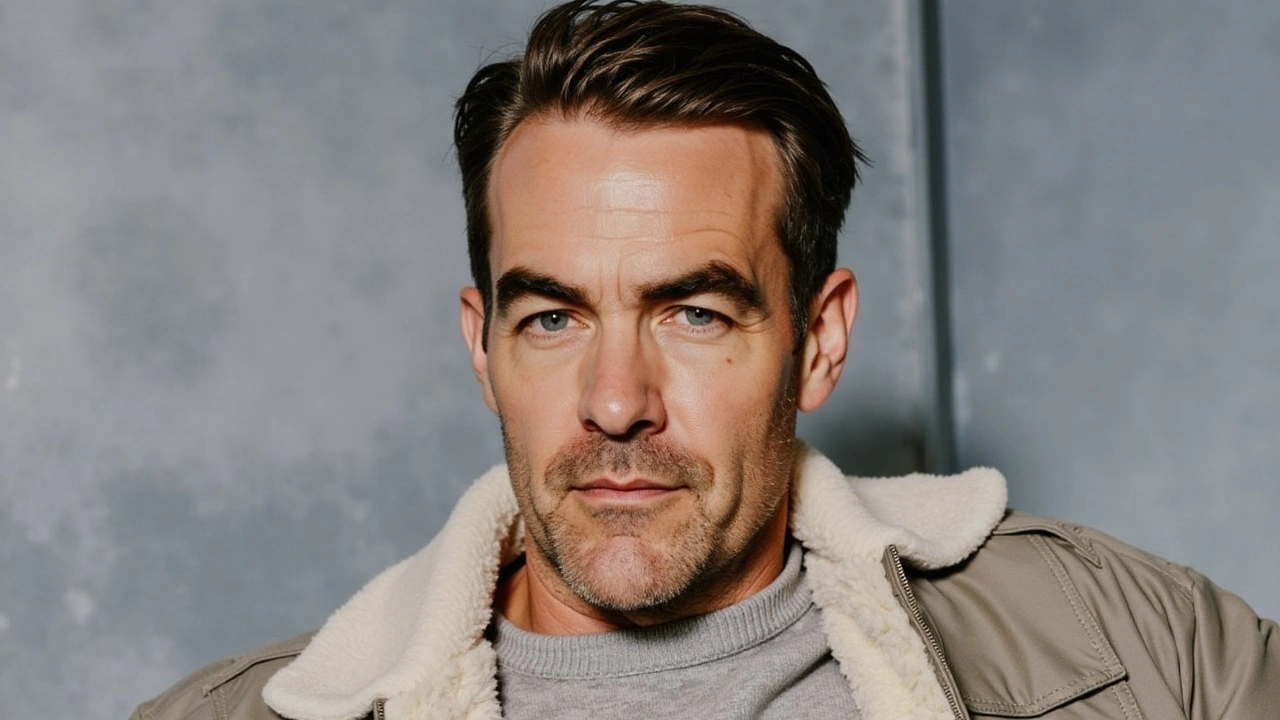James Van Der Beek, the beloved actor from 'Dawson's Creek,' has opened up about his challenging battle with colorectal cancer. The revelation, shared in People magazine, was prompted by an impending tabloid story. This candid disclosure underscores the personal and emotional struggles faced by Van Der Beek and his family, raising awareness about colorectal cancer's impact on individuals and their loved ones.
Colorectal Cancer: What You Need to Know Right Now
Did you know that colorectal cancer is one of the most common cancers in Africa, yet many people overlook the early signs? Knowing the basics can save lives, so let’s break it down in plain language.
Colorectal cancer starts in the colon or rectum, parts of the large intestine that process food waste. Most cases develop slowly from small growths called polyps. Over time, some polyps turn malignant, which is why regular checks matter.
Spotting the Warning Signs
Symptoms can be easy to miss because they mimic everyday digestive issues. Keep an eye out for:
- Persistent changes in bowel habits – diarrhea, constipation, or a feeling that you haven’t emptied fully.
- Blood in stool or dark‑red/black colored poop.
- Unexplained weight loss and fatigue.
- Abdominal pain or cramping that doesn’t go away.
If any of these last more than a couple of weeks, it’s time to see a doctor. Early detection dramatically improves outcomes.
Screening: Your Best Defense
Screening catches polyps before they become cancer. In Africa, the most common tests are:
- Fecal occult blood test (FOBT): A simple stool sample checks for hidden blood.
- Colonoscopy: A camera looks inside the colon; doctors can remove polyps on the spot.
- Flexible sigmoidoscopy: Similar to colonoscopy but focuses on the lower colon.
Guidelines suggest starting regular screening at age 45 for average‑risk people. If you have a family history or inherited conditions, begin earlier.
Even if you feel fine, a screening test is worth it. The procedure is safe, and most people experience minimal discomfort.
When you get screened, ask your doctor about the results and what they mean for you. If polyps are found, they’re usually removed during the same visit, preventing cancer from developing.
Besides screening, lifestyle changes can lower your risk. Aim for a diet rich in fruits, vegetables, whole grains, and lean protein. Cut back on red meat, processed foods, and sugary drinks. Regular exercise—just 30 minutes a day—helps keep your bowels moving and your weight in check.
Alcohol and smoking are also linked to higher colorectal cancer rates. If you smoke, seek help to quit; if you drink, keep it moderate—no more than two drinks a day for men and one for women.
For those diagnosed, treatment options depend on the stage. Surgery to remove the tumor is common, often followed by chemotherapy or radiation to target any remaining cells. Targeted therapies and immunotherapy are newer options showing promise, especially for advanced cases.
Recovery can be tough, but support matters. Talk to your healthcare team about nutrition plans, physical therapy, and mental health resources. Joining a local support group or an online community can provide encouragement and practical tips.
In summary, colorectal cancer is preventable and treatable when caught early. Stay alert to symptoms, schedule regular screenings, adopt a healthy lifestyle, and don’t hesitate to seek help if something feels off. Your gut health is a big part of overall wellbeing—take care of it today.
